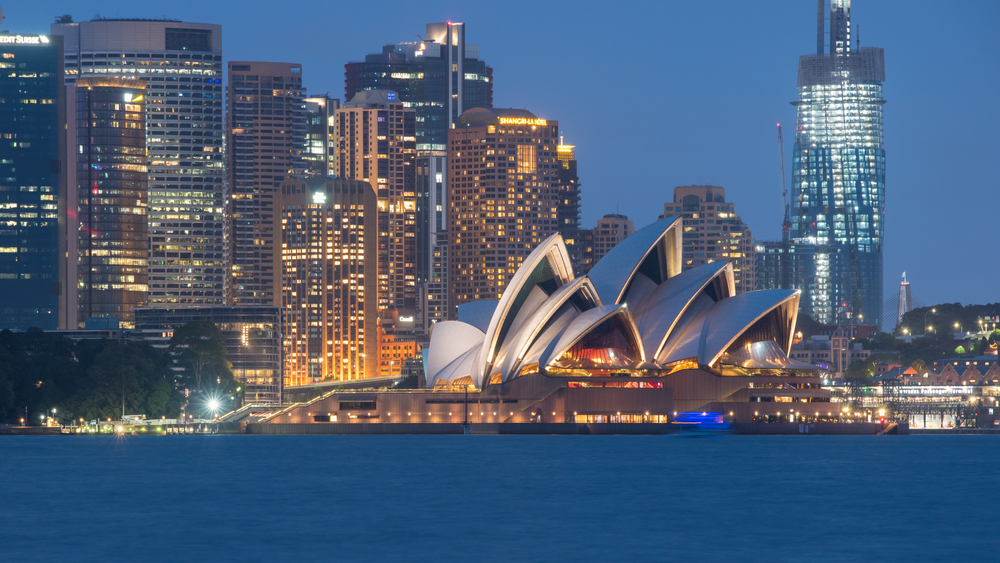Australia & Japan, the most resilient to environmental risks in the Asia-Pacific region
Occupier demand for green/sustainable buildings in the Asia Pacific region has risen over the past 12 months

According to CBRE’s Asia Pacific Sustainable City Ranking, cities in Australia and Japan are the most resilient to environmental risks, and following their footsteps are Hanoi, Jakarta, and cities in Mainland China.
Due to the rapid urbanisation and economic growth across the region, occupiers and investors in commercial real estate must tailor their ESG strategies to local market factors rather than adopting a one-size-fits-all approach because of the variability of environmental performance across markets.
“Other markets in Asia Pacific are catching up quickly and investors should emphasise green due diligence when making new acquisitions or upgrading older property stock, especially with most new completions being green certified assets,” said Dr. Henry Chin, Global Head of Investor Thought Leadership, Asia Pacific for CBRE.
More: Hotel transactions in the Asia Pacific region reach $8.4 billion
Based on benchmarking data collected from Asia Pacific cities, CBRE measured greenhouse gas emissions, climate risks, air pollution, renewable energy usage, and green office building adoption as environmental risks making a huge impact on real estate.
Cities in Australia and Japan are considered leaders for their high level of green building adoption, increased use of renewable energy, and reduced physical climate risks.
Meanwhile, the 2022 RICS Sustainability Report shows that progress has been made in the past year, particularly in the commercial real estate sector, where demand for green buildings is on the rise.
Occupier demand for green/sustainable buildings in the Asia Pacific region has risen over the past 12 months, with 47 percent reporting a modest rise. This is the case on the investment side as well, where there has been a significant increase in investor appetite.
There is an increasing demand for sustainable buildings in Asia Pacific, which is affecting rents and prices, with many respondents seeing a market premium for sustainable buildings, as well as citing a brown discount on non-green real estate assets.
The Property Report editors wrote this article. For more information, email: [email protected].
Recommended
Why everyone is moving to Selangor and Johor: Malaysia’s real estate comeback
Malaysia’s upturn in fortunes is especially prevalent in secondary destinations such as Selangor and Johor
Penang’s silicon boom: How the US-China tech war is supercharging local real estate
Penang’s booming semiconductor industry has created ripples within the local real estate sector
New leader, new opportunities: How Hun Manet is shaking up Cambodia’s real estate game
Hun Manet is overseeing decent economic growth and widening access to the country’s real estate market for foreigners
Singapore embraces inclusive housing reforms amid resilient demand
The Lion City’s regulatory strength continues to exert appeal for international investors








